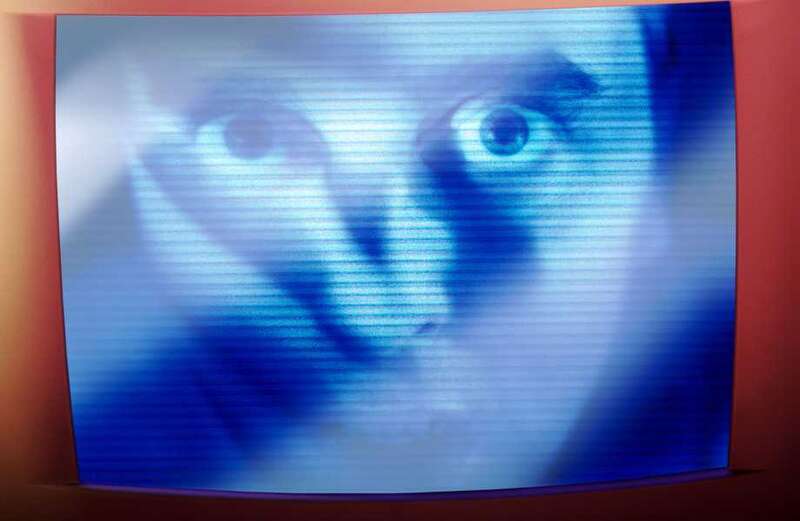FACEBOOK boss Mark Zuckerberg subtly revealed that his metaverse creation could be a vessel to bring back the dead, virtually.
The metaverse is a virtual world established by Zuckerberg's tech company Meta.

In the first-ever recorded interview in the metaverse, podcaster Lex Fridman and Meta CEO Zuckerberg discussed the future possibilities of virtual reality.
A video of the interaction shows the pair talking face to face, and yet, they are more than a thousand miles a part.
The duo appear as 3D hyper-realistic avatars, thanks to Meta's Codec Avatar research.
 Putin accused of surrounding himself with same 'actors' at series of events
Putin accused of surrounding himself with same 'actors' at series of events
Fridman, clearly shocked by what he's seeing as he enters, says: "It's you. It's really you, but you're not here with me."
Describing the photo-realistic avatars, he adds: "It captures everything.
"The flaws, the subtleties of the human face... it makes it all the more immersive."
Fridman went on to say: "I would love to talk to people who are no longer here that are loved ones.
"So if you look into the future, is that something you think about?"
Zuckerberg acknowledged it was a complex idea, but said that there was a possibility of it being used in the grieving process.
He told Fridman: "If someone has lost a loved one and is grieving, there may be ways in which being able to interact or relive certain memories could be helpful.
However, he noted that it could become "unhealthy" interacting in the virtual world with loved ones who had passed away in the physical world.
"I'm not an expert in that, so I think we'd have to study that and understand it in more detail," he said.
To make the interview possible, both Zuckerberg and Fridman were scanned head-to-torso to create the Codec Avatars in Meta's Pittsburgh Reality Lab.
 Edinburgh Hogmanay revellers stuck in queues for TWO HOURS in torrential rain
Edinburgh Hogmanay revellers stuck in queues for TWO HOURS in torrential rain
Meta has yet to figure out how to translate arms into the metaverse or anything from the torso down, which Zuckerberg admits the company is still working on.
Fridman also noted that the scanning, while still only half of the body, was a "lengthy process", spanning several hours.
But Zuckerberg hoped this process could be condensed down to two or three minutes and eventually completed via mobile phones - instead of a pricey trip to Pittsburgh.
We pay for your stories! Do you have a story for The Sun Online Tech & Science team? Email us at tech@the-sun.co.uk



































